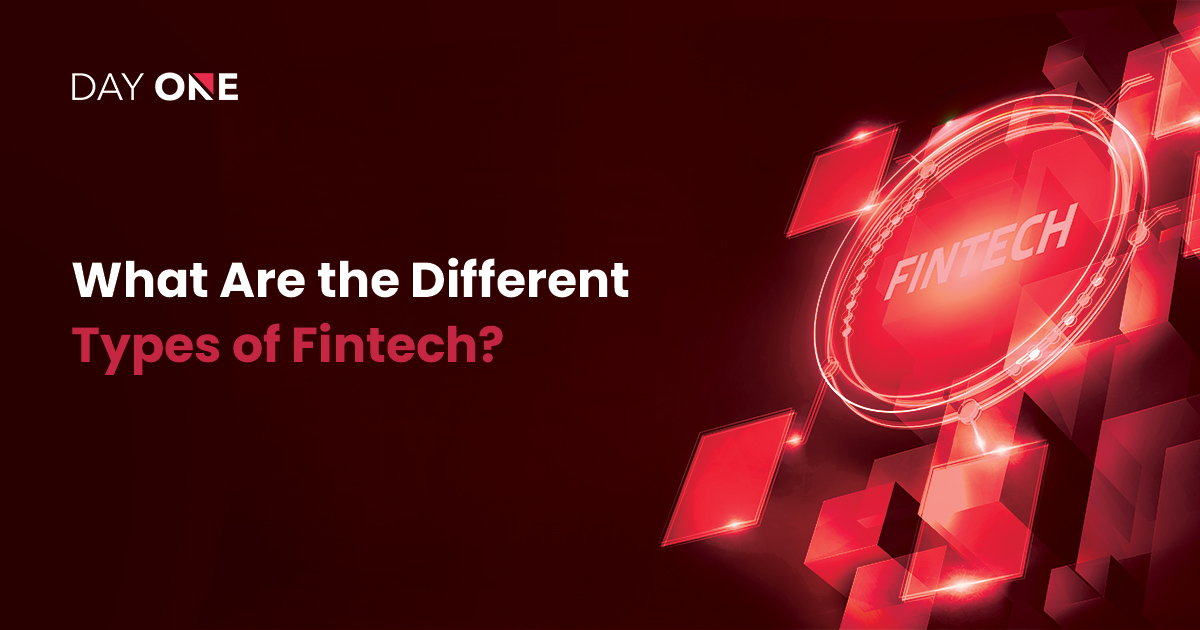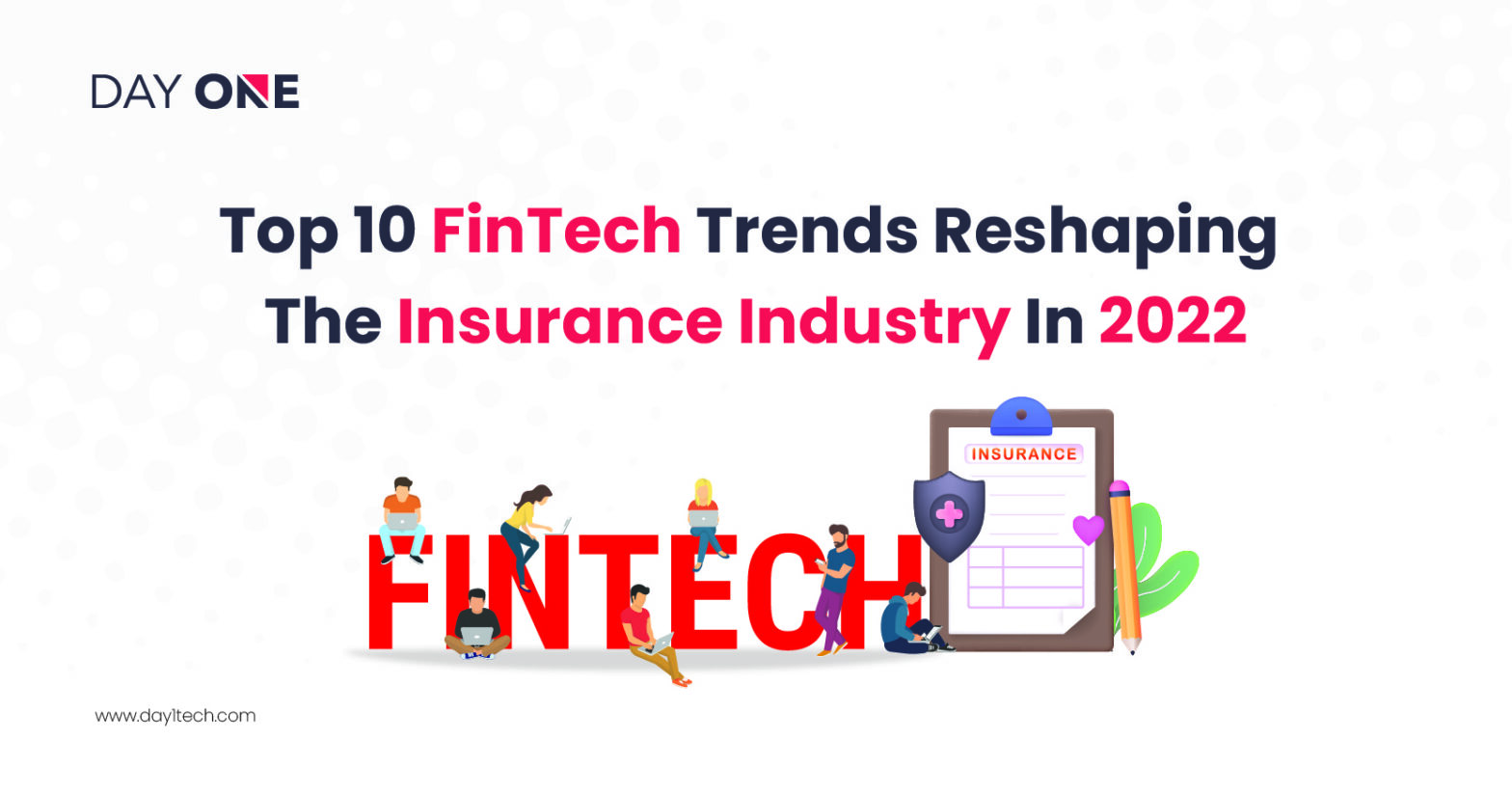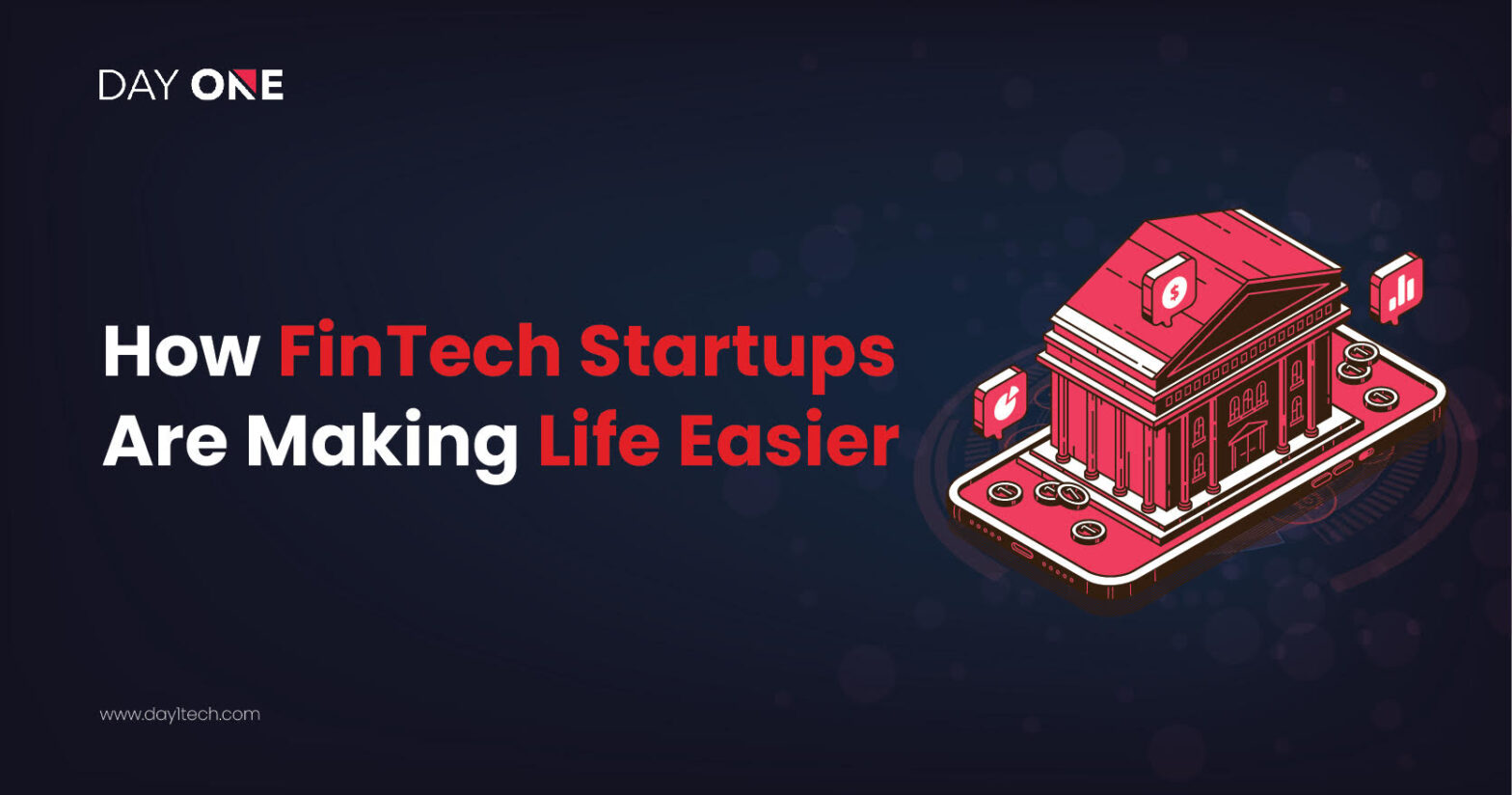Different Types of FinTech
Vijaykumar Meti
FinTech
August 29, 2022
6 min read

FinTech is altering financial services and changing the way customers engage with established business models in a variety of ways. The following are the key categories of FinTech applications.
It’s no surprise that the financial sector is one of the areas that is utilizing the newest technical breakthroughs in this new age of digital transformation, where technology is being used in practically every aspect of every recognized industry in the globe. FinTech, an acronym for Financial Technology, has aided in the simplification of many financial services for both businesses and consumers.
Understanding FinTech
FinTech refers to any developing technology that provides financial services in a faster and more efficient manner than traditional ways. These innovative approaches to enabling and improving financial services are being used by an increasing number of startups and financial business models.
FinTech enhances established business models’ competitive advantage in markets by affecting financial processes and behaviors that customers already have access to. FinTech, in general, refers to all organizations that use the Internet, cloud services, and software technology to deliver financial services to customers via mobile devices.
Many FinTech solutions are meant to connect consumers’ money with technology to facilitate ease of use in whatever financial processes the consumers may be interested in.
FinTech Examples
We can now explore the qualities of fintech once we have defined what it is and how much it is worth in today’s market. Apps such as Paypal and GPay are classified as fintech, however, they are not the same.
These are the most popular types of fintech:
- Digital banking.
- Payment.
- Trading and cryptocurrency.
- Insurance.
- Deposit and lending.
- Capital raising.
We must keep in mind that fintech is always changing. In the following years, the above-mentioned kinds will likely expand or even change completely. For the time being, we can categorize distinct sorts of fintech based on the services they offer.
Understanding FinTech Categories
FinTech is revolutionizing financial services and changing the way customers engage with the goods these business models provide in a variety of ways. Here are some examples of how FinTech is being used:
1. Blockchain and Cryptocurrency
With the availability of smart contracts, Proof-of-Work, Peer-to-Peer transactions, blockchain-powered trading platforms, decentralized ledgers, and immutable records, FinTech and Blokchain are good examples of how FinTech is affecting the growth of financial services.
Blockchain technology enables more private, secure, and transparent tracking of financial transactions over their entire lifespan. The decentralized and distributed character of cryptocurrencies enabled by Blockchain technology contributes to their acceptance and confidence among business models and consumers alike.
Blockchain technology is still in its early stages, with further advances and breakthroughs being explored through additional study. Various systems leverage Blockchain technology, including Ethereum, Bitcoin, Chain, Bloq, Wirex, and many others.
2. Insurance (InsurTech)
With the development of digital financial ecosystems, insurance solutions of high value are developed in the insurance business to improve the client experience. Insurers are integrating smartphone applications, drones, the Internet of Things (IoT), artificial intelligence (AI), machine learning, and other techniques to give greater effect through their services to customers and other entities that use them.
InsurTech is steadily transforming the way clients see insurance products, with several perks such as online markets, more easy and tailored ways, customized profiting, and many more.
Rapid expansion and progress in the insurance sector have been enabled by the use of technology in areas where traditional methods of operating would appear difficult.
3. Regulatory (RegTech)
The Financial Conduct Authority defined RegTech in 2015 as “a subset of FinTech that focuses on technology that may support the delivery of regulatory obligations more efficiently and effectively than existing capabilities.” RegTech refers to the use of cutting-edge technology to improve compliance and the implementation of simple, secure, and cost-effective regulations.
In a world where finance is being taken over by different technological applications, new regulatory frameworks are required to keep up with the innovations. RegTech is primarily employed to standardize and promote transparent regulatory processes that automate the whole compliance system.
RegTech is being utilized to deliver regulatory solutions in a variety of ways, including regulatory reporting, risk management, transaction monitoring, and compliance. Regis-TR, Provenir, Continuity, and IdentityMind are several RegTech platforms that provide such solutions.
4. Lending (LendTech)
This industry employs technology to provide customers with financing options through more accurate and quicker procedures. To provide error-free outcomes, smart systems employing Artificial Intelligence and Machine Learning algorithms are employed to process and validate identify credentials.
The use of technology in loan procedures makes it easier to forecast income expectations, evaluate the borrower’s track record, appraise collateral value, and foresee changes.
5. Payments (PayTech)
With the development and integration of digital processing applications and different processing networks, FinTech is transforming the payments sector. Wearable technology and smart gadgets are being created for customers to improve digital connectivity and secure consumer identity.
Payment Technology secures and simplifies asset management and the processing of various payment transactions (PayTech). PayPal and GPay are among the payment platforms that use PayTech.
6. Mobile Payments
Mobile wallets and other integrated payment solutions are frequently employed by business models and individuals to facilitate and carry out payment operations via technology. This is a significant topic of FinTech since every transaction done by any customer includes the payment process.
Most transactions would appear difficult to make and finish if mobile payment systems were not available to overcome the constraints created by traditional methods. Consumers all across the world are using digital wallets such as Apple Pay, and Google Wallet. These platforms are simple to use, safe and enhance the entire customer experience.
7. Trading (TradeTech)
TradeTech is essentially the use of information technology to lower the information costs of international commerce, streamline trade finance, and promote transparency in trading processes for both business models and consumers. International cooperation is critical for realizing its full potential and advantages. TradeTech uses IT systems in supply chain financing and asset distribution platforms to simplify and support cross-border commerce.
8. Robo-Advising and Stock-Trading Apps
Apps for Robo-Advising and Stock Trading Diversified investment portfolios may be developed and made available to customers using technology, eliminating the need for an investment professional or adviser. Robo Advisors is a system designed for novice investors to assist with risk management as well as professional investment management.
Rather than using traditional methods, stock-trading applications make buying and selling stock investments easier and more efficient. These stock-trading applications are used by any online broker with resources to trade assets and investments. Finch Money is an example of an investment and stock trading app in the US.
9. Personal Finance (WealthTech)
This branch of FinTech focuses on improving wealth management and retail investment services by leveraging technology to augment and provide operations in a more efficient and automated manner. These digital solutions are utilized to improve existing solutions and develop new ones to make them available to new groups of investors. Monie is an example of a personal finance app for Egypt.
WealthTech facilitates the streamlining of the investing process, allowing investors to manage their investment portfolios more easily. WealthTech is being incorporated into the finance sector through the use of Micro-Investment, Robo-retirement, Portfolio management systems, and other technologies.
10. International Money Transfers
Through the integration of technology into payment channels that may be utilized to enable international money transfers, barriers have been removed. Traditional methods of payment are less efficient and effective in this field of FinTech, since newer and more effective methods of payment exist now, making the entire process more streamlined, secure, quicker, and simpler for customers and business models.
11. Equity Financing
This is a means of raising cash or capital by selling shares of a firm to the general public, financial institutions, or investors. The funds raised are then utilized to fund new business ventures or to develop existing firms.
Crowdfunding may reach a larger population of investors by utilizing technology. Kickstarter, Pebble, and numerous other crowdfunding sites provide prizes to their participants.
12. Accounting
Machine Learning, Artificial Intelligence, Cloud Computing, Digitized Tax Platforms, and other technological breakthroughs are being utilized to improve accounting automation and transparency. Through the use of software and tools, the use of technology in this field of finance has improved data access and analysis.
The introduction of financial technology and software has lowered the number of time accountants need to execute tasks such as invoice management, cash flow forecasting, and other accounting services.
13. Consumer Banking (BankTech)
Many financial institutions are using digital technology to deliver services in a more streamlined and efficient manner. BankTech is the use of digitized platforms to provide banking solutions and products to consumers. BankTech has several advantages over traditional banking methods, including improved user experience, lower costs, and less operational friction.
The Advent of Emerging Technologies in FinTech
The Internet of Things, Artificial Intelligence, Machine Learning, Robotics, Cloud Computing, and Automated Assistants are just a few of the developing technologies being utilized to improve financial sector solutions and products. FinTech has revolutionized and will continue to influence the business models offered to consumers. Every sector of the economy is increasingly incorporating and integrating FinTech into its infrastructure.
FinTech applications are numerous and expanding, with developments in fields such as Blockchain, lending platforms, insurance technology, digital banks, and others. The FinTech sector is rapidly expanding, with several business models and customers driving increased demand for financial and technical solutions.
Financial goods are now available to consumers in more efficient and useful ways because of advances in technology.
Final Thoughts
FinTech is continually evolving, with more efficient and effective financial solutions being available for integration in a variety of financial industries. More startups and businesses are using FinTech as a critical component in reaching out to and serving the demands of more people.
Explore More Blogs
Testimonials What customers have to talk about us
Finch (previously Trio) – Growth with Investing, with benefits of Checking
Reading Time: < 1 minThe Finch (previously Trio), one of our clients today has reached this level with our expertise and with a great team of developers in Day One, who have made every stone unturned in making this project a big success.
Neel Ganu Founder
USA
Vere360 – VR based Immersive Learning
Reading Time: < 1 minDay One helped Vere360 “fill skill gaps” and build a platform that would cater to their niche and diverse audience while seamlessly integrate the best of #AI and #VR technology.
Ms. Adila Sayyed Co-Founder
Singapore
1TAM – Video Blogging Reimagined
Reading Time: < 1 min‘1TAM’ was only for iOS with gesture-based controls, advanced video compression techniques, and a simple architecture that allowed actions to be completed in 2-3 taps. The real challenge for ‘1TAM’ was to keep it distinct which bought brilliant results with all the strategies and approaches implied for best video compression techniques.
Anwar Nusseibeh Founder
UAE
Fit For Work – The Science of Workplace Ergonomics
Reading Time: < 1 minDay One Technologies came with the expertise that was required and helped in building a platform that is edgy, functional, and smart, delivering engagement and conversions at every step.
Ms. Georgina Hannigan Founder
Singapore
SOS Method Meditation for ‘Busy Minds’
Reading Time: < 1 minDay One Technologies helped in building an innovative mobile app (for #iOS and #Android) that’s easy-to-use, engaging, and data-driven to help users reap the most at every point.






